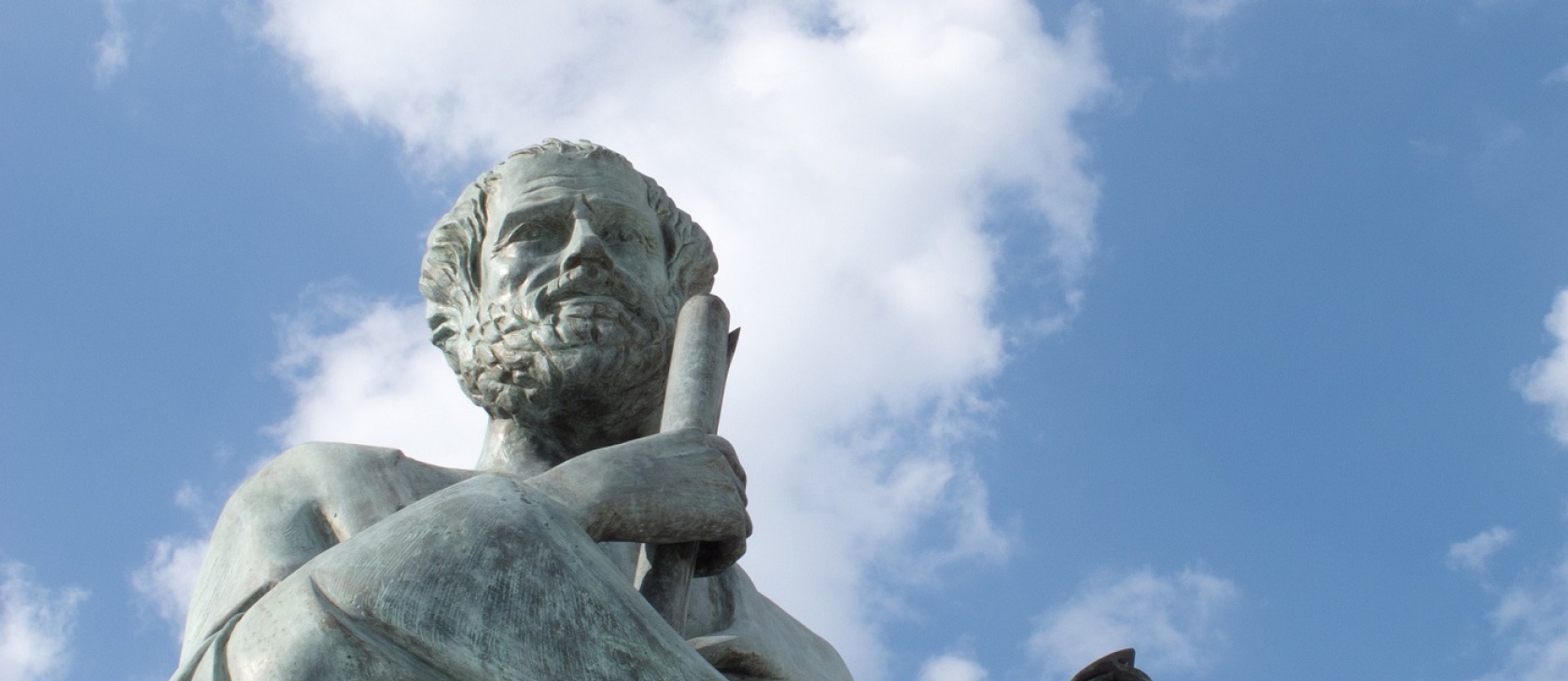Mark Twain is celebrated for the way his storytelling makes us laugh, mostly at ourselves. His work as author and humorist frequently spoke to the folly and truth of human nature. One quotation attributed to him went, “It ain’t what we don’t know that gets us in trouble; it’s what we know for sure that just ain’t so.” We smile because we recognize this truth from our own experience. But more serious reflection may give us pause and make the most prideful among us a bit humbler. And more than a bit of humility will be required on all sides of the political divide if we are to communicate with each other in the coming year. We must rediscover the important role of reason and civil discourse to human progress through open dialogue. Rediscovering civil discourse is essential to keep this melting pot of a country from boiling over.
Today, reason seems upended and our discourse has regressed to where even the fundamental importance of free speech – our first freedom – is being openly challenged. We have made a blood-sport of spewing vitriol and ridicule at those with whom we disagree. This retreat from reason has led too many into the dangerous traps of identity politics, tribalism, and irrational fundamentalism. How do we reclaim the mantle of reason and civil discourse in broader society?
Ironically, this coarsening of society is happening amid a growing body of scientific evidence that demonstrates how the human brain can err in its conclusions and convictions. Some of this evidence comes from the field of behavioral economics. Research is discovering how and why we can sometimes ignore facts or reason in our decision making – particularly when they conflict with our preexisting understanding or strong desires. These kinds of errors surely exacerbate our growing incivility.
Behavioral economics is devoted to exploring why human beings regularly make economically irrational decisions. On October 9, American economist Richard Thaler was awarded the Nobel Prize in Economic Sciences for his work in the field of behavioral economics. Thaler’s work has added to the scientific body of knowledge of how we make decisions. The highly acclaimed book that Thayer co-authored with Cass Sunstein in 2008 – Nudge: Improving Decisions about Health, Wealth, and Happiness – gained broad interest from both the business world and government. Economists have long observed that human behavior does not follow the predictions of traditional economic models. And their models universally assume that people make economically rational decisions. The goal of Nudge is to use this growing knowledge of human decision making in order to devise ways to “nudge” people toward more desired decisions and behaviors. The question remains, desired by whom?
A return to reason through increased humility will be necessary to bring about a rebirth of civil discourse.
For example, encouraging employees to sign-up for 401(k) retirement savings has long been a challenge for business managers and owners. Today, rather than offering new employees the choice to opt into a 401(k)-retirement savings plan, more employers automatically enroll employees and give them the option to lower their savings rate or opt-out. This small change, or “nudge,” takes advantage of the human tendency to procrastinate and is credited with increasing retirement savings in the U.S. Since both employers and workers are (eventually) happy, this is seen as a successful nudge.
Nudging is not without its critics, particularly among those who lean libertarian. Mark D. White, a philosopher at the City University of New York, argues that nudging “is very much coercive, and in some ways more insidious than ‘old school’ paternalistic government policies such as prohibiting or taxing behavior.” (For more on government’s paternal “nudging” run amuck, see this article and this one.) Errors work in both directions. But our focus here is not on the pros and cons of nudging, but rather on the growing body of knowledge and insights from behavioral economics to show human fallibility, of all parties.
Perhaps with newfound humility, people of goodwill on both sides of our cultural and political divide can bring tolerance, reason, and civil discourse back to the public square in the new year.
Understanding how we are prone to err in our reasoning does not diminish the importance of human reason. Reason is built upon learning and sharpened through dialogue. The importance of reason to human progress has been recorded since the ancient Greeks. Reason allowed primitive man to survive in a hostile world. Applied by theologians like Thomas Aquinas, reason gave birth to the concept of human equality. Reason ushered in the Enlightenment. All of man’s progress in the humanities, science, and industry came through reason.
A return to reason through increased humility will be necessary to bring about a rebirth of civil discourse. For those of us who are people of faith, our faith informs us that humility is a virtue and excessive pride a sin. We know that we need to work on making a habit of humility. But what about the non-religious among us who do not share these views? For those who do not believe in God but who do believe in “science,” perhaps the science behind behavioral economics can bring them to realize that they, too, will benefit from cultivating the habit of humility. If we are to stop “ignoring our own ignorance,” we will need to listen in order to understand, not merely to respond. Our discourse will become more civil if we will argue as if we were right, but listen as though we could be wrong. Perhaps with newfound humility, people of goodwill on both sides of our cultural and political divide can bring tolerance, reason, and civil discourse back to the public square in the new year.




